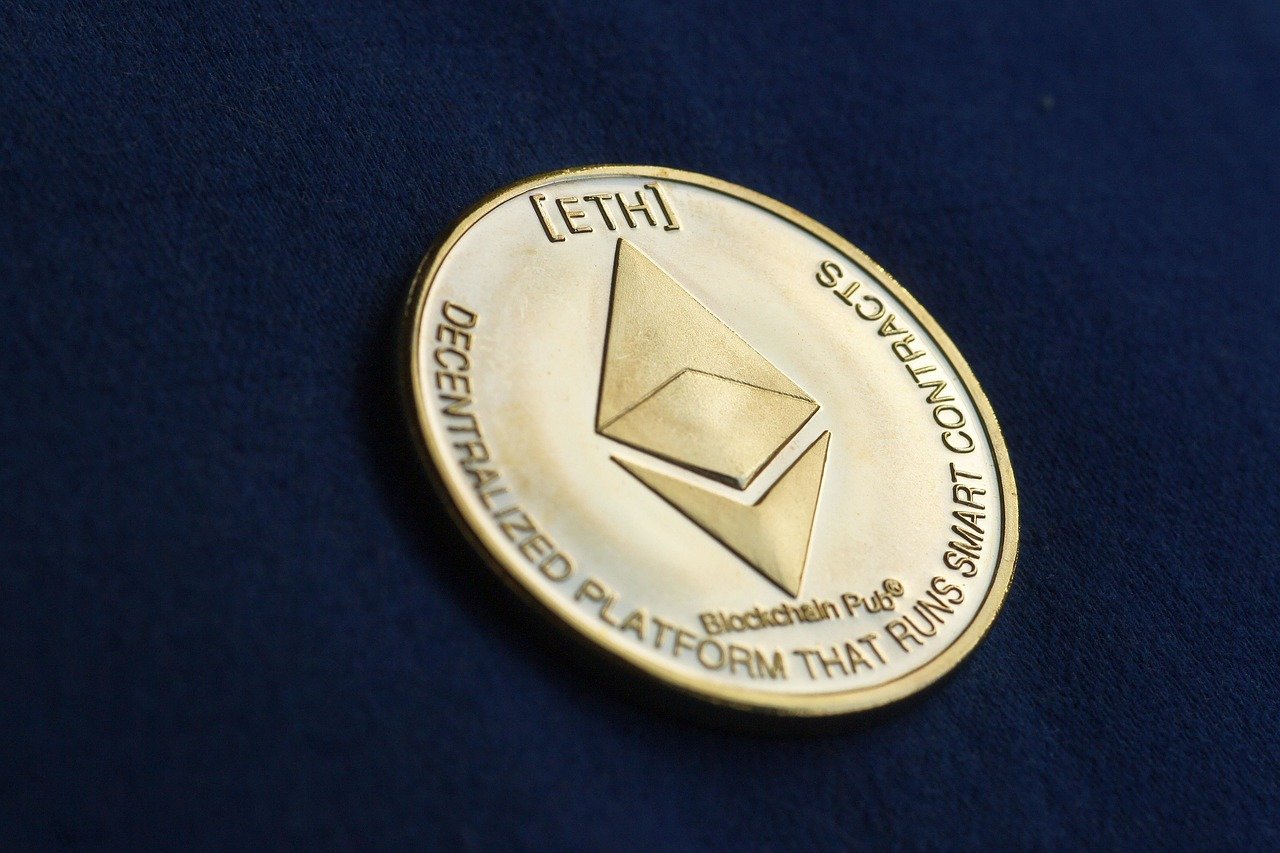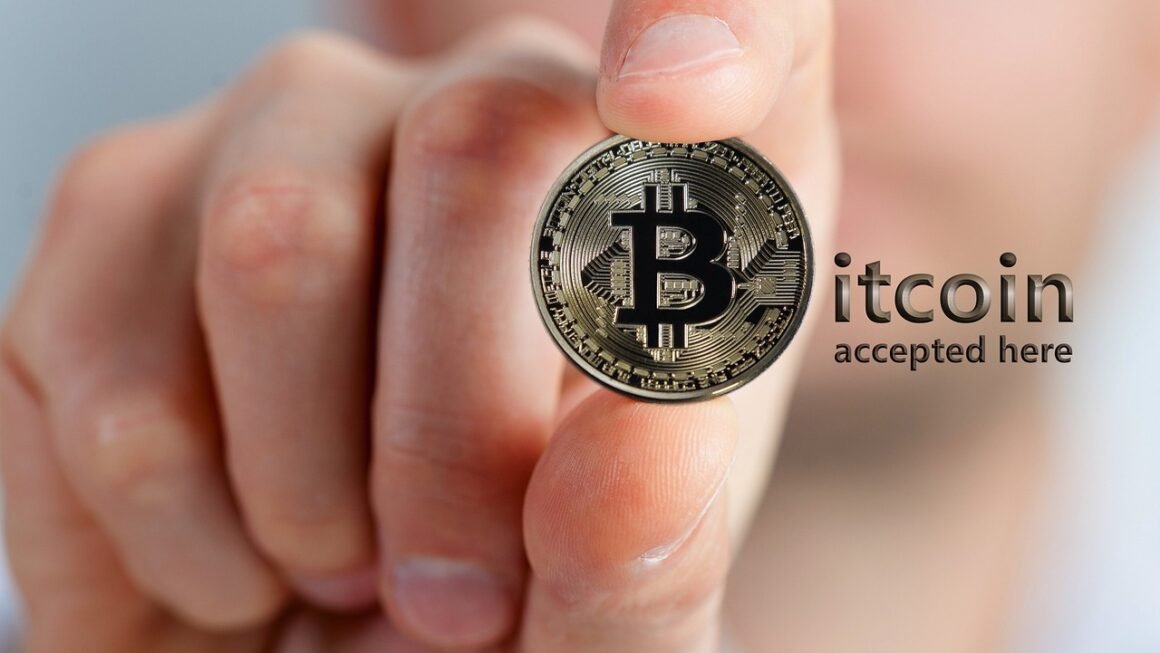Bitcoin: Demystifying the Digital Gold Rush
Bitcoin. The name alone conjures images of digital fortunes, technological disruption, and a financial revolution. But what is Bitcoin, really? Beyond the hype and headlines lies a complex yet fascinating technology with the potential to reshape how we think about money and value transfer. This blog post will delve into the core concepts of Bitcoin, exploring its underlying technology, its uses, and its potential impact on the future.
What is Bitcoin? A Digital Currency Explained
Understanding Cryptocurrency Basics
Bitcoin is a decentralized digital currency, meaning it’s not controlled by a central bank or single administrator. It operates on a peer-to-peer network, allowing users to send and receive Bitcoin directly without intermediaries. Cryptocurrencies, in general, utilize cryptography for security, making transactions more secure and tamper-proof compared to traditional financial systems.
Bitcoin’s Unique Characteristics
- Decentralized: No single entity controls the Bitcoin network.
- Limited Supply: Only 21 million Bitcoins will ever be created, making it a scarce asset.
- Transparent: All Bitcoin transactions are recorded on a public ledger called the blockchain.
- Pseudonymous: Transactions are linked to public keys, not personal identities, offering a degree of privacy.
- Global and Borderless: Bitcoin can be sent and received anywhere in the world.
How Bitcoin Differs from Traditional Currency
Unlike fiat currencies like the US dollar or the Euro, which are issued and regulated by governments, Bitcoin is entirely digital and exists independently of any central authority. This lack of central control is a key appeal for many Bitcoin enthusiasts.
The Technology Behind Bitcoin: Blockchain and Mining
Demystifying the Blockchain
The blockchain is the revolutionary technology that underpins Bitcoin. It’s essentially a distributed, public ledger that records all Bitcoin transactions in chronological order. Each “block” contains a batch of recent transactions, and once a block is added to the chain, it cannot be altered, ensuring the integrity of the data.
- Decentralized Database: The blockchain is replicated across many computers, making it resistant to censorship and single points of failure.
- Cryptographic Security: Transactions are secured using cryptography, preventing fraud and double-spending.
- Immutability: Once a block is added to the chain, it cannot be altered, ensuring the integrity of the data.
Bitcoin Mining: Securing the Network
Bitcoin mining is the process of verifying and adding new transaction records to the blockchain. Miners use powerful computers to solve complex mathematical problems, and the first miner to solve the problem gets to add the next block to the chain and is rewarded with newly minted Bitcoin.
- Proof-of-Work (PoW): Bitcoin uses a PoW consensus mechanism, requiring miners to expend significant computational power to secure the network.
- Transaction Verification: Miners verify transactions, ensuring they are valid and prevent double-spending.
- Incentive Mechanism: Mining rewards incentivize miners to maintain the network and ensure its security.
- Example: Imagine a group of accountants (miners) independently verifying and recording every transaction in a shared ledger (blockchain). The accountant who solves a complex puzzle first gets to add the new page to the ledger and is rewarded with a small fee (newly minted Bitcoin).
Transaction Process
Here’s a simplified overview of how a Bitcoin transaction works:
Using Bitcoin: Practical Applications
Investing in Bitcoin
Bitcoin’s price has been highly volatile, but many investors view it as a long-term store of value, similar to gold. Investing in Bitcoin carries risk, and it’s crucial to do your research before investing any money.
- Diversification: Consider Bitcoin as part of a diversified investment portfolio.
- Long-Term Perspective: Bitcoin is a volatile asset, so a long-term investment horizon is recommended.
- Risk Management: Only invest what you can afford to lose.
Making Payments with Bitcoin
Increasingly, businesses are accepting Bitcoin as a form of payment. This can be a convenient way to make purchases online or in person, especially for international transactions.
- Lower Transaction Fees: Bitcoin transactions often have lower fees compared to traditional payment methods.
- Faster International Transfers: Bitcoin transactions can be processed much faster than traditional bank transfers, especially for international payments.
- Privacy: Bitcoin transactions offer a degree of privacy, as they are not linked to personal identities.
- Example: A small business owner might use Bitcoin to accept payments from customers in other countries, avoiding high bank fees and lengthy processing times.
Other Use Cases
- Remittances: Sending money to family members overseas can be expensive and slow with traditional methods. Bitcoin offers a faster and cheaper alternative.
- Smart Contracts: While Bitcoin’s smart contract capabilities are limited compared to other blockchains like Ethereum, it can be used for simple smart contracts.
- Decentralized Finance (DeFi): Bitcoin is increasingly used in DeFi applications, allowing users to earn interest on their holdings or access decentralized lending and borrowing platforms.
The Future of Bitcoin: Challenges and Opportunities
Scalability Issues
Bitcoin’s scalability has been a persistent challenge. The Bitcoin network can only process a limited number of transactions per second, which can lead to delays and higher transaction fees during peak periods.
- Layer-2 Solutions: Technologies like the Lightning Network are being developed to improve Bitcoin’s scalability by processing transactions off-chain.
- Increasing Block Size: Proposals to increase the block size have been debated, but this could lead to centralization issues.
Regulatory Uncertainty
The regulatory landscape surrounding Bitcoin is constantly evolving. Governments around the world are grappling with how to regulate Bitcoin, and uncertainty in this area could impact its adoption.
- Clarity Needed: Clear and consistent regulations are needed to foster innovation and encourage responsible Bitcoin use.
- Compliance: Businesses operating in the Bitcoin space need to comply with relevant regulations, such as anti-money laundering (AML) requirements.
Environmental Concerns
Bitcoin mining consumes a significant amount of electricity, raising concerns about its environmental impact.
- Renewable Energy: Miners are increasingly using renewable energy sources to power their operations.
- Proof-of-Stake (PoS): Alternative consensus mechanisms like PoS are more energy-efficient than PoW.
Opportunities for Growth
Despite these challenges, Bitcoin has significant potential for growth.
- Mainstream Adoption: As more businesses and individuals adopt Bitcoin, its value and utility could increase.
- Innovation: New technologies and applications are being developed on top of Bitcoin, expanding its use cases.
- Financial Inclusion: Bitcoin can provide access to financial services for those who are unbanked or underbanked.
Conclusion
Bitcoin represents a significant innovation in the world of finance and technology. While it faces challenges related to scalability, regulation, and environmental impact, its decentralized nature, limited supply, and potential for global reach make it a compelling asset for investors and a disruptive force in the financial industry. Understanding the core principles of Bitcoin, its underlying technology, and its potential use cases is crucial for anyone interested in the future of money. Keep learning, stay informed, and approach Bitcoin with both excitement and caution. The digital revolution is underway, and Bitcoin is undoubtedly a key player in shaping its trajectory.



